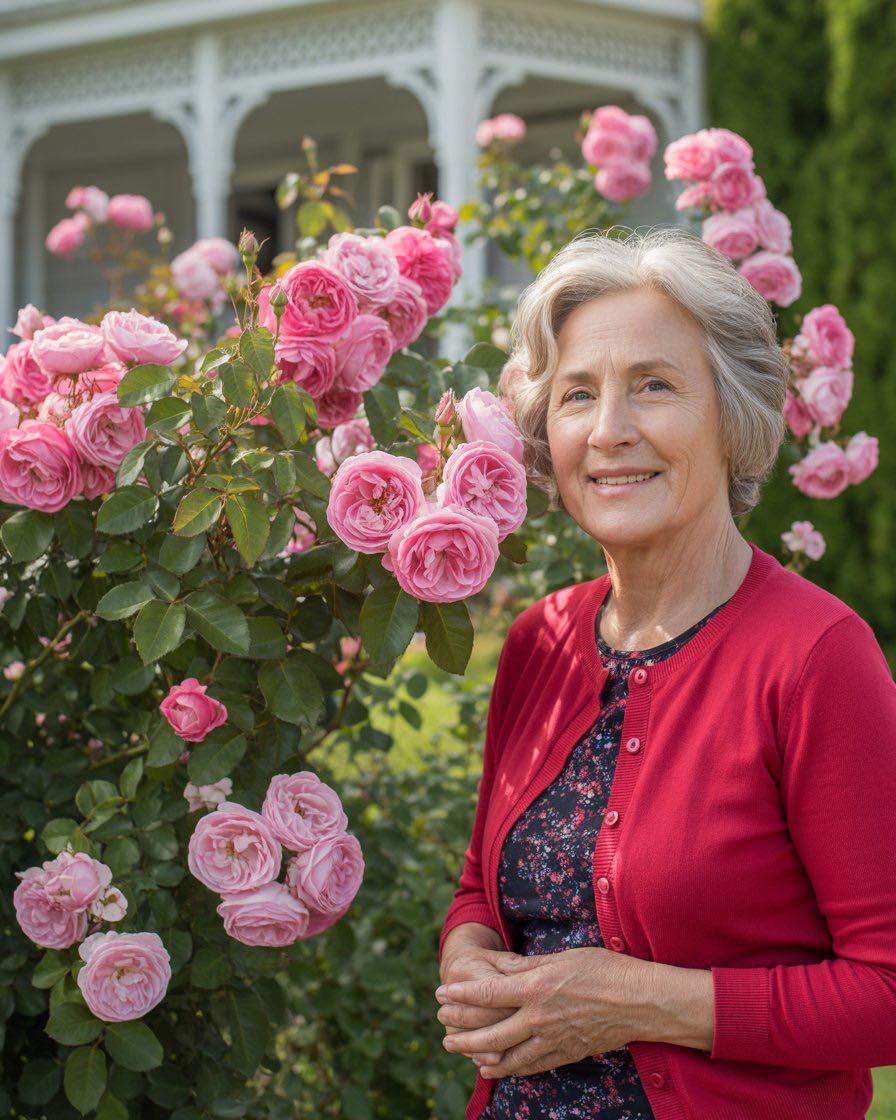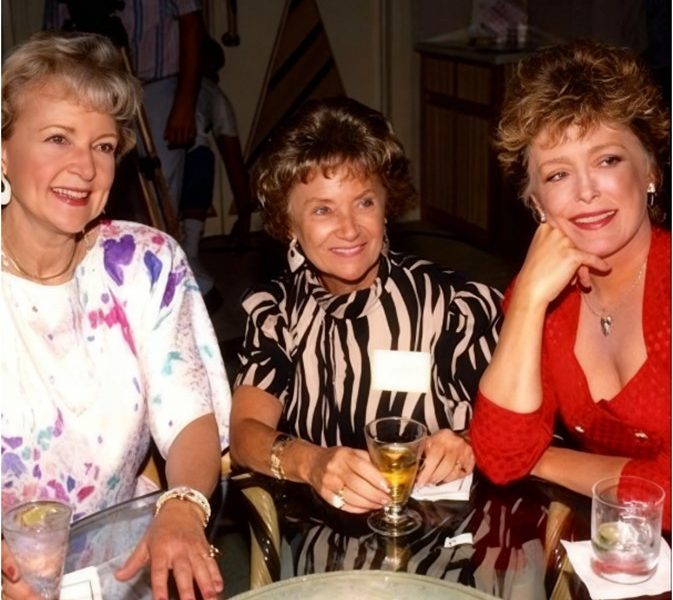I’m Bonnie, 26, born and raised in northern Michigan—porches sagging under snow, woodstoves crackling through long winters, neighbors who bring soup when you’re sick. My mom, Mary, is a school nurse. My grandmother, Liz, was the quiet gravity that kept us steady. She always smelled faintly of Ivory soap and cinnamon, sliced apples with a nicked paring knife older than me, and could make a room warmer just by being in it.
The cold spot in our family was my aunt Karen. Ten years older than Mom, she lived in a high-rise Chicago condo, wore perfume that lingered after she left, and thanked no one for anything. Grandma helped her more than anyone—paid tuition, covered rent, even loaned her money that never came back. Karen visited like a critic, not a daughter: wrinkling her nose at the wallpaper, frowning at the lack of central air, barely touching the chicken and dumplings Grandma made just for her.
Grandma never complained. “She’s finding her way,” she’d say softly, smoothing her skirt as if the words didn’t sting.
The Last Request
Near the end, when the house felt too still, Grandma called me to her room. Her hand was paper-thin but warm.
“After I’m gone, sweetheart,” she whispered, “move my rosebush. A year to the day. Promise me.”
I hesitated, but her eyes anchored me. “I promise.”
Then, almost as an afterthought, she added, “The house—I’m leaving it to you and your mother. The lawyer has my will.”
She passed three days later.
The House Taken
Karen arrived at the funeral like a headline in a glossy magazine: black dress that cost more than our rent, heels that clicked like punctuation. Afterward, she walked through Grandma’s house like a realtor, peering, judging. Three days later, she returned with a folder and dropped it on the kitchen table.
“The house is mine,” she said, chin lifted.
Mom’s face went pale. “That’s not true. She told us—she promised—”
Karen slid the papers toward us. “Looks like she changed her mind.”
We tore the place apart looking for the will Grandma had sworn existed—file cabinets, cookbooks, attic boxes. Nothing. Karen had lawyers; we had cardboard boxes. Within weeks, Grandma’s house was a rental. Mom and I moved into a damp little cottage across town, the walls closing in on us.
The only thing I couldn’t stop thinking about was Grandma’s rosebush. Tall, wine-colored blooms against the fence, the one she whispered to as though it listened. I texted Karen asking if I could take it.
“Roses?” she scoffed. “Take them. Don’t bother me with nonsense.”
Digging Up Secrets
The tenants, Mia and Rachel, were kind. “Come anytime,” they said. “We’ll put on coffee.”
So, a year to the day after Grandma died, I returned. The house felt colder, like it had locked its heart against me. I knelt by the rosebush, gloves on, spade in hand.
“Alright, Grandma,” I whispered. “I’m here.”
The soil resisted, hard and clumpy. Sweat stung my eyes. Then—clunk.
I cleared earth with my hands, fingers brushing metal. Buried beneath the roots was a rusted iron box. My pulse quickened. I pried it open; the clasp snapped. Inside was a folded letter in Grandma’s hand, and beneath it, a ribbon-bound stack of official documents.
Sweetheart, the letter read. If you’re reading this, you moved my roses. I left my will with the lawyer, but knowing your aunt, I wanted to be sure nothing could be twisted. Enclosed is a signed copy of my will and this letter with my signature. This house belongs to you and your mother. If things turned ugly, here is everything you’ll need to prove the truth.
I pressed the paper to my chest, tears burning hot. She had seen it coming—all of it—and had hidden the truth beneath something alive.
The Battle for the House
Mom wept when she read the letter. “Oh my God,” she whispered. “Bonnie, it’s real.”
We carried the box to an attorney, Mr. Leary. Sharp suit, sharp eyes. He read everything twice before speaking.
“This isn’t just a dispute,” he said. “If these documents are valid, we’re looking at fraud. Possibly conspiracy.”
“What do we do?” I asked.
He looked us in the eye. “We fight.”
The months that followed pulled every nerve taut. Experts examined the forged will Karen had produced. They found what we knew in our bones: it was fake. Stroke order, pressure points, even the way Grandma wrote her Zs—all wrong. A forensic accountant uncovered shady payments to Karen’s lawyer. Dates didn’t align. Numbers didn’t add up.
Karen swept into court like it was a fashion show, all sharp suits and cold glares. But as the evidence mounted, her confidence cracked. The judge listened, read, then declared:
“The original will is valid and binding. The property belongs to Mary and Bonnie, as intended.”
She ordered damages for the rent we’d been forced to pay, and the DA opened a criminal case. Karen’s lawyer lost his license. Karen herself was charged with fraud and perjury.
Outside the courthouse, Mom gripped my hand. “Your grandmother trusted you,” she said, voice shaking. “And she was right.”
Coming Home
Weeks later, Mia and Rachel moved out, leaving the house waiting for us. Lavender and old wood still lingered in the floorboards. We invited them to rent our cottage at a lower rate, a circle closed with kindness.
Then I brought the rosebush home. I dug a hole by the porch, lowered the roots gently, patted the soil. The sky blushed orange and pink as evening fell.
For the first time since we lost her, the air felt full, not empty. Grandma had left love everywhere—woven into petals, inked on paper, sealed in a promise that seemed odd until it saved us.
The house was ours again.
So was the garden.


